Parenting
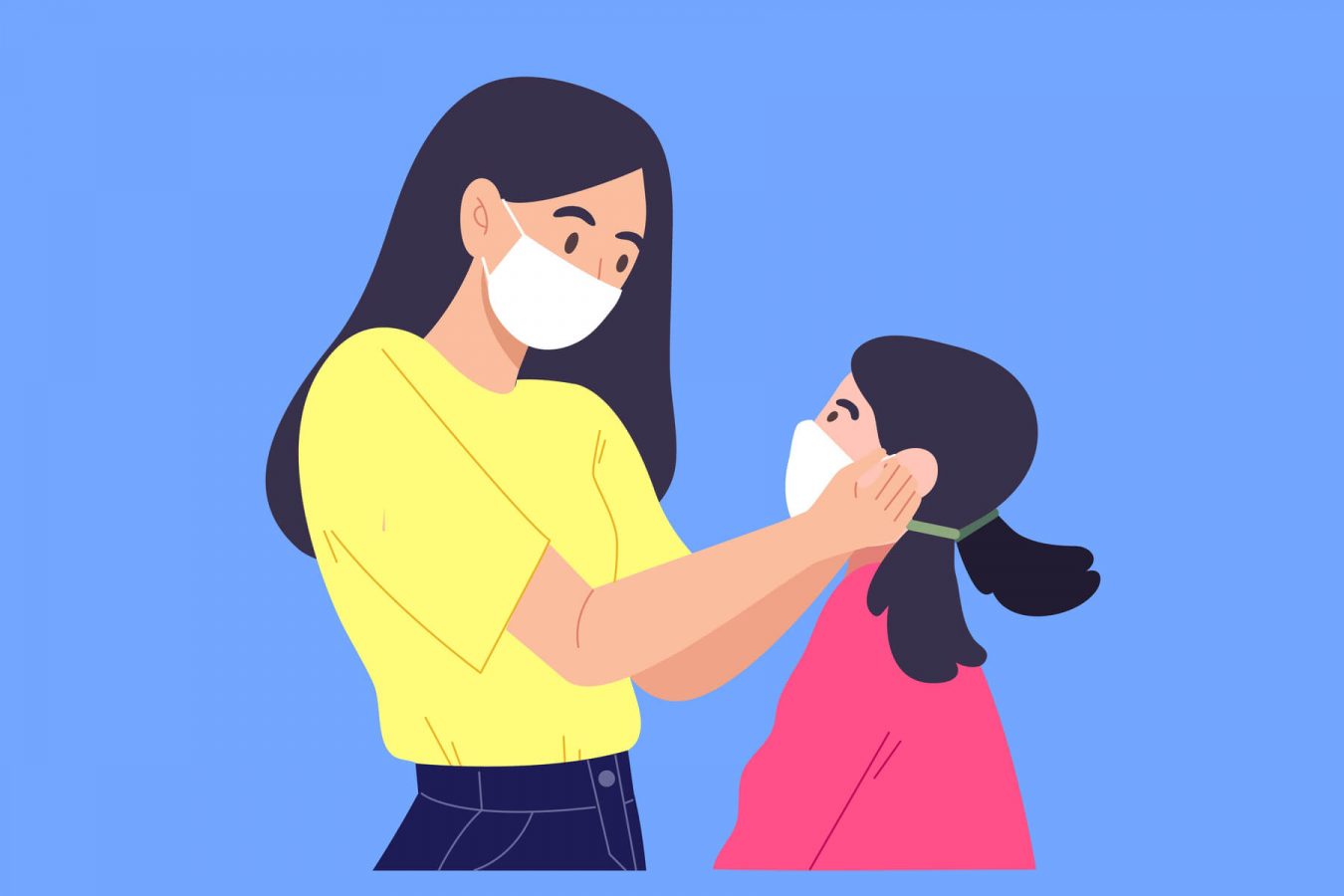
Best of the Web: 5 things to try to help kids wear masks, and more
Clever ideas to encourage kids to wear masks, a memo to parents struggling with remote learning, and a new virtual travel experience opening windows around the world.
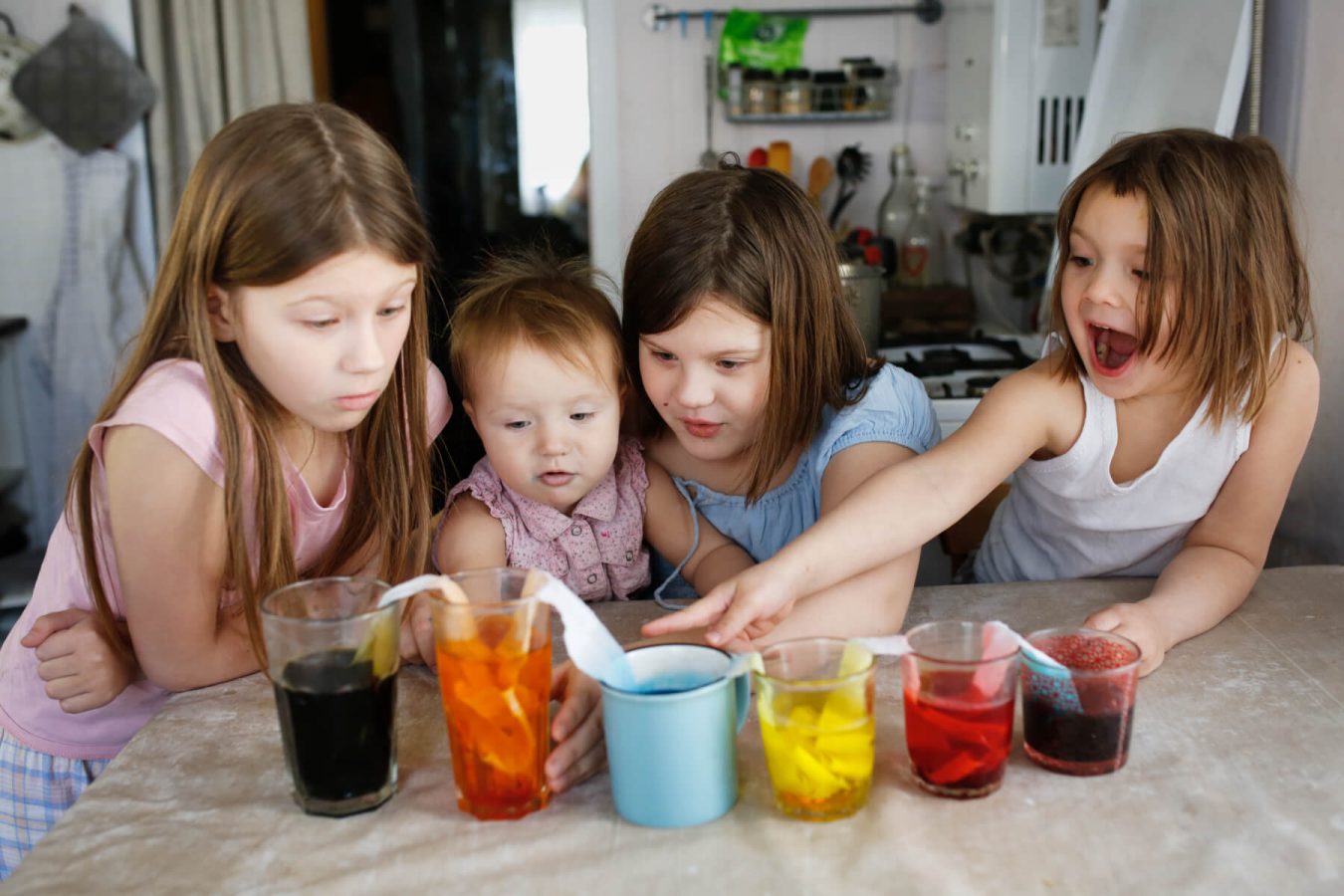
How to turn your kitchen into a science lab for the kids
Looking for fun, science-based activities for kids at home? Lili-Ann Kriegler suggests four easy experiments they can do in your own science lab – the kitchen.

Watch Dr Jared Cooney Horvath’s webinar: A tour through the teenage brain
Watch the entire webinar from renowned educational neuroscientist and Harvard graduate Dr Jared Cooney Horvath when he took us on a tour through the teenage brain and gave us tips on how to support our teens
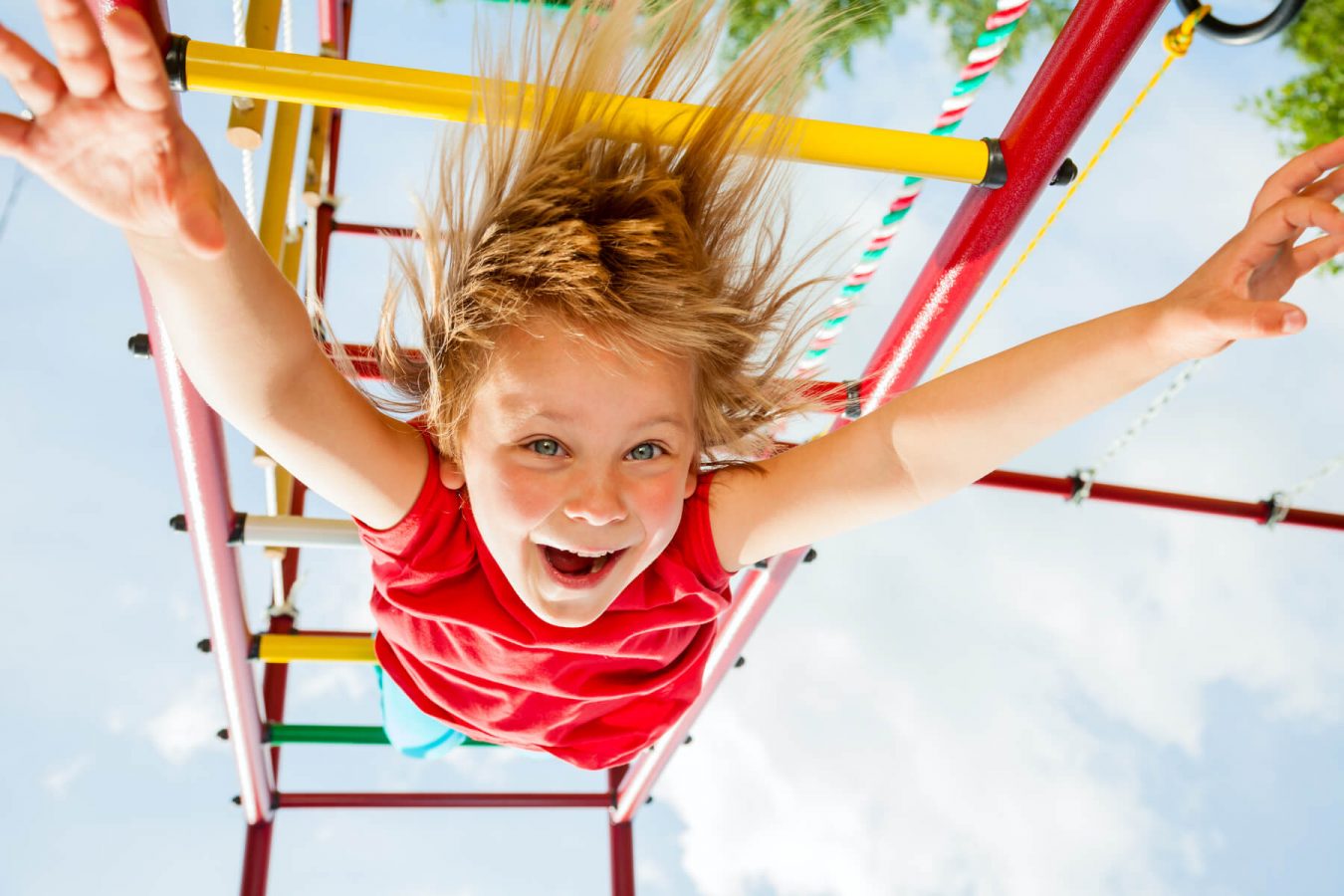
How to use a playground visit to strengthen kids’ memories
A trip to the playground can develop your child's memory muscle and help them become better learners, writes Karen Malone.
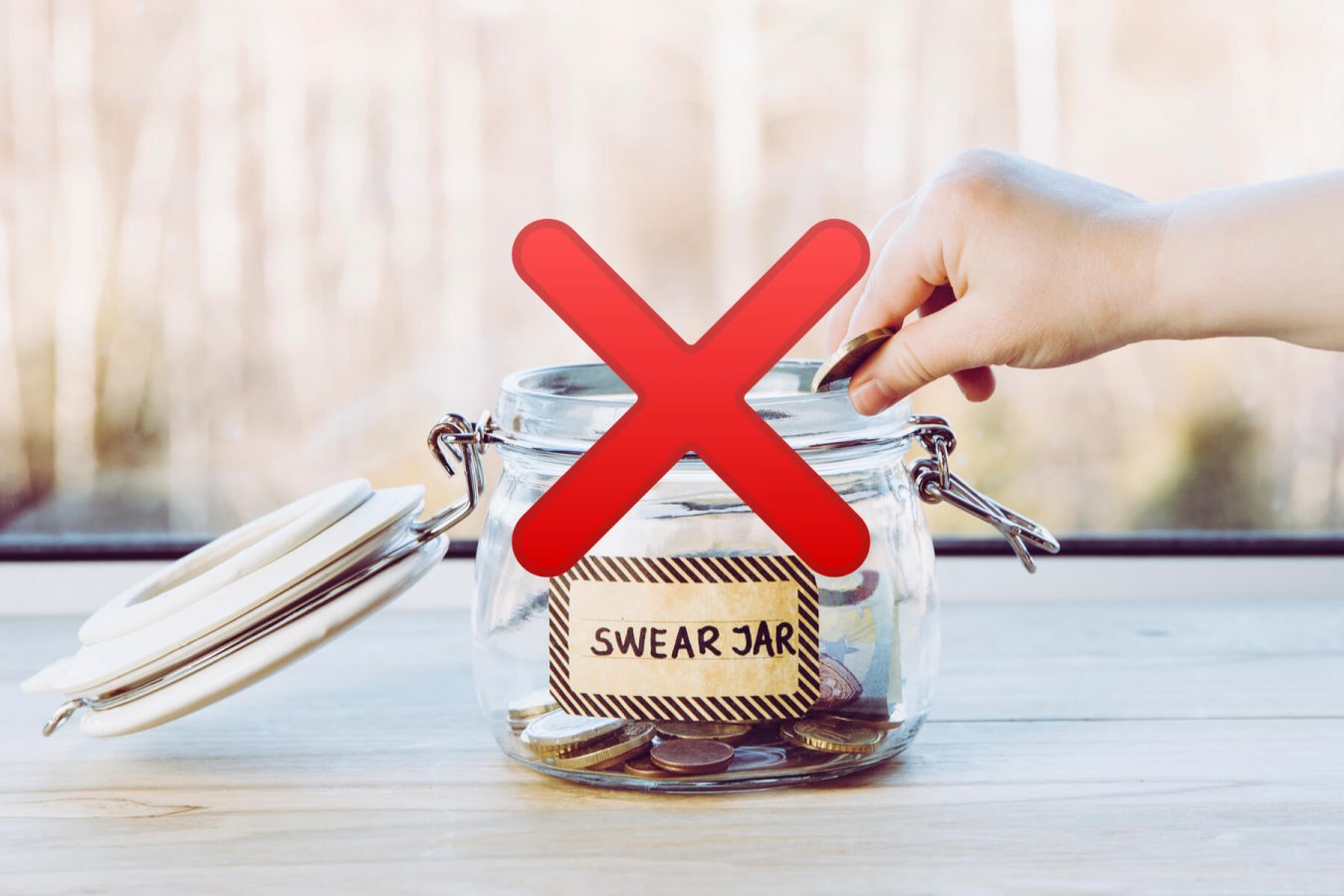
Best of the Web: Why I let my children swear, and more
A parent tells how allowing kids to swear can improve relationships, what limits you should impose on screen time, and how letting kids roam free helps them become good adult navigators.
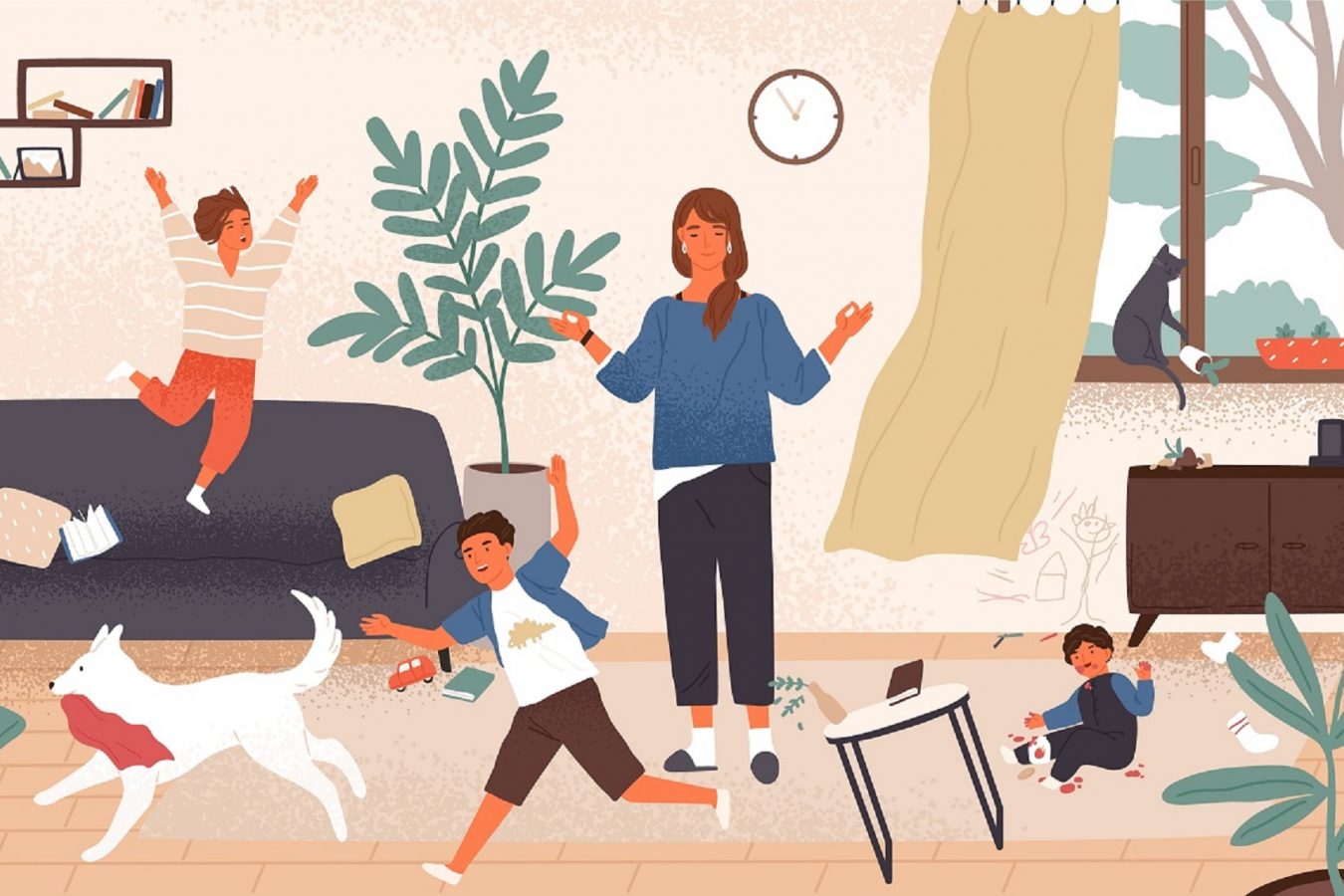
Stay calm and carry on: A family survival guide
Parents and kids are facing some struggles in our stay-at-home lives. Peter Hanlon asked the experts for some practical tips and advice to help, part of our Best of The Parents Website series.
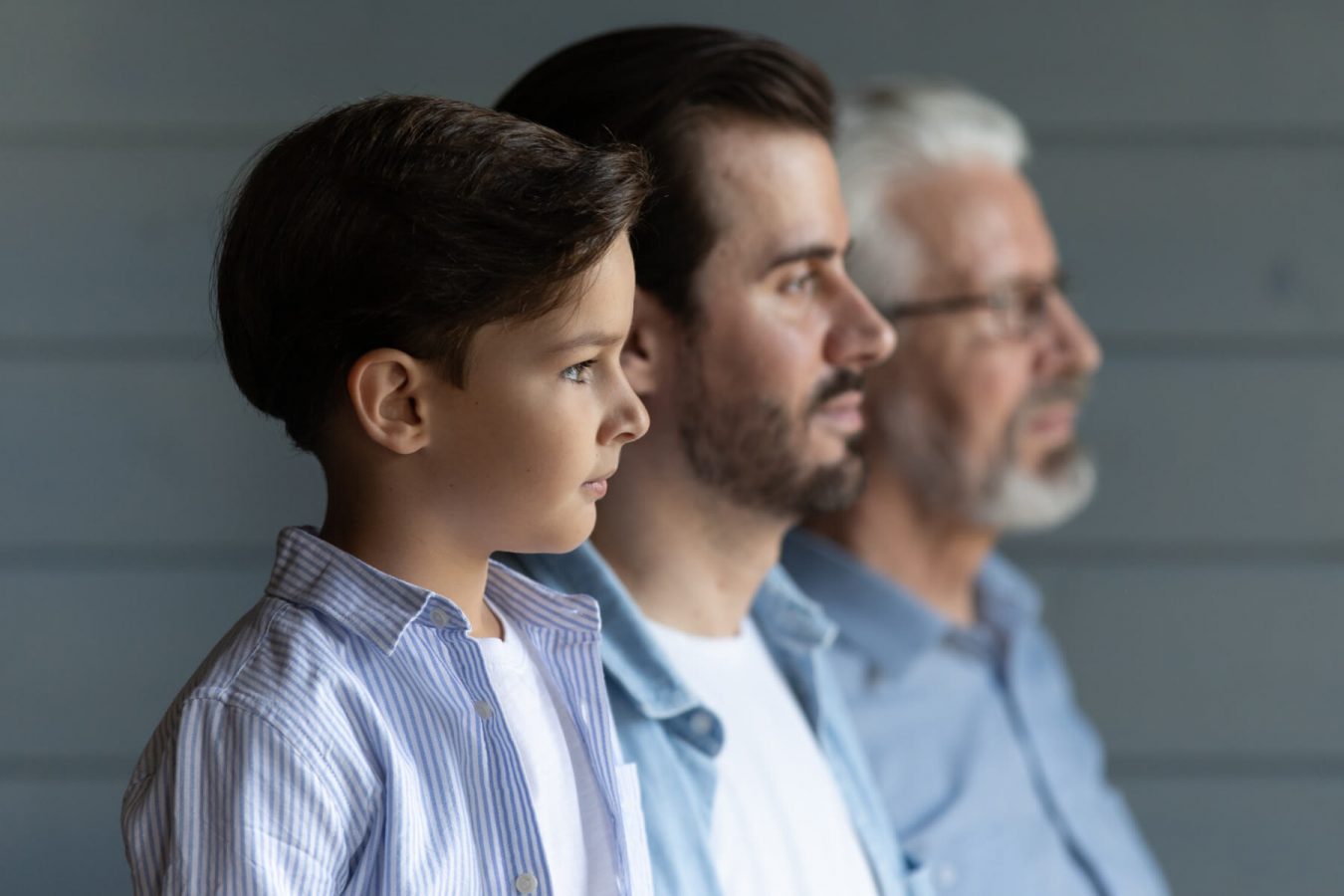
What it means to be Man Enough
Our boys and their fathers are fighting a generations-old narrative about expectations of manhood. Natalie Moutafis discovers a new book that allows them to truly believe that they are enough, just as they are.
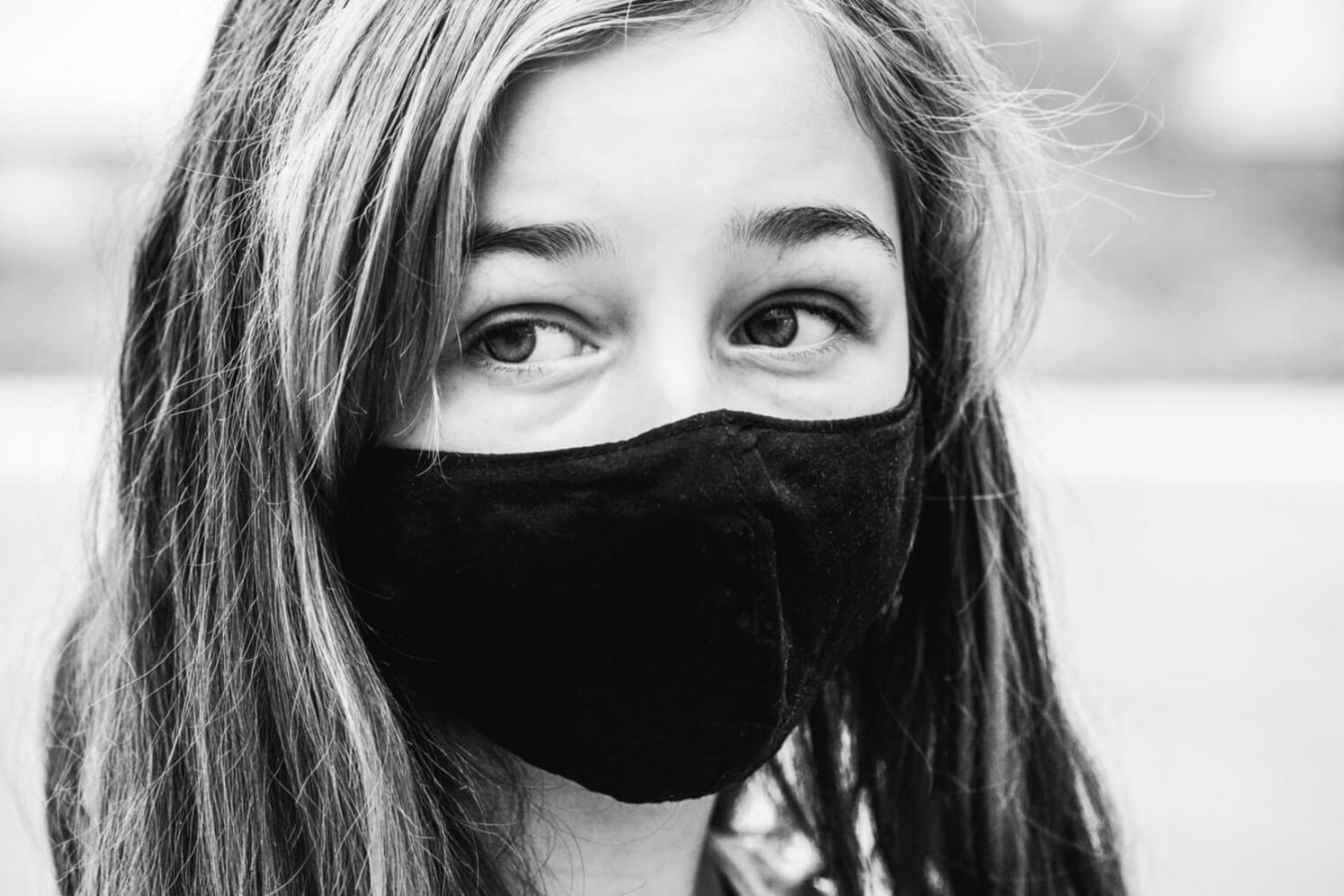
Best of the Web: The lockdown fatigue of high school students, and more
How the pandemic has affected our senior students, the amazing TED Talk by seven-year-old Molly Wright, and not wanting to play with the kids anymore.
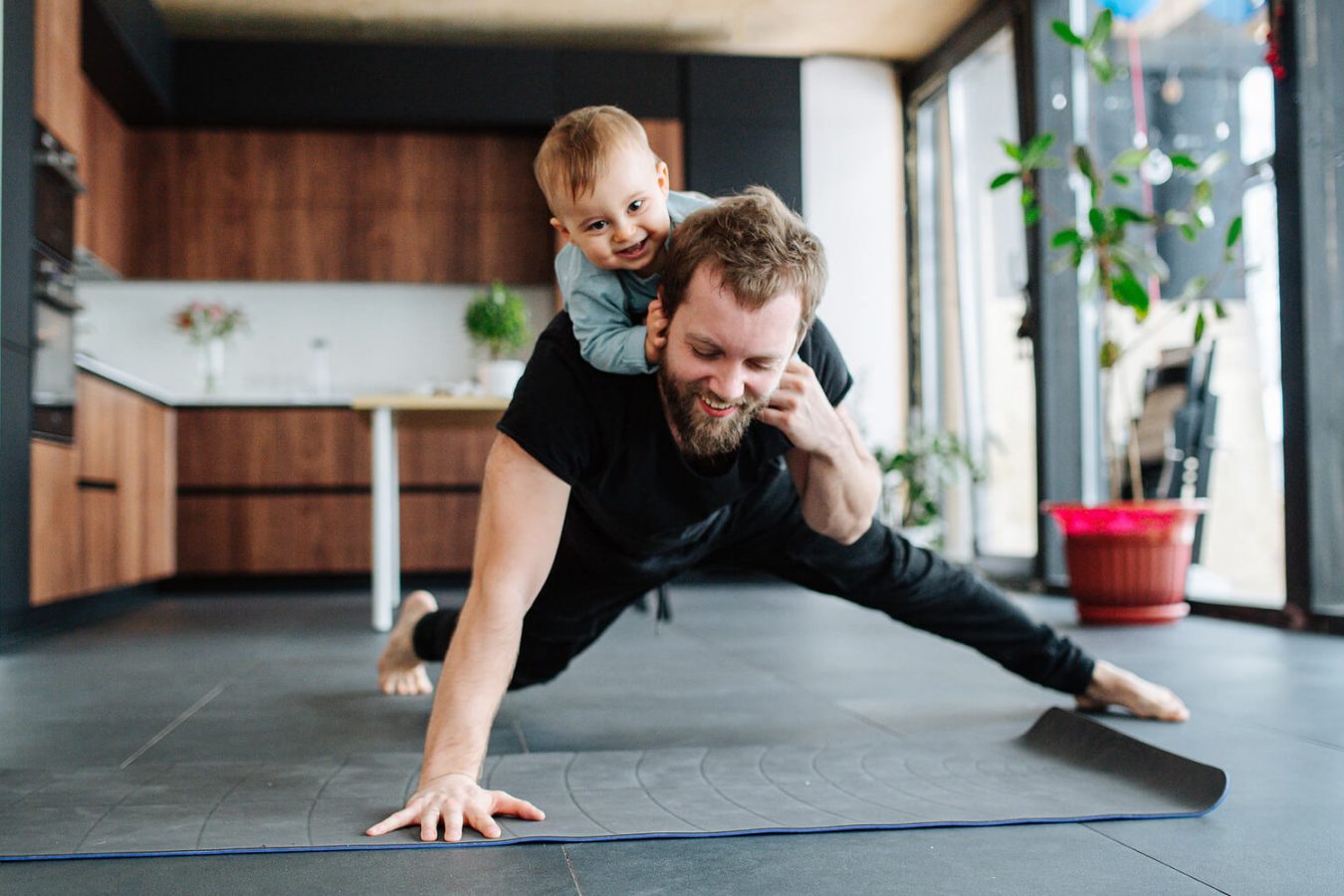
Calling new parents: How are you finding the balancing act?
Researchers from Curtin University want to hear from parents with new children how they balance parenting with the rest of their lives, writes Hugh Riddell.